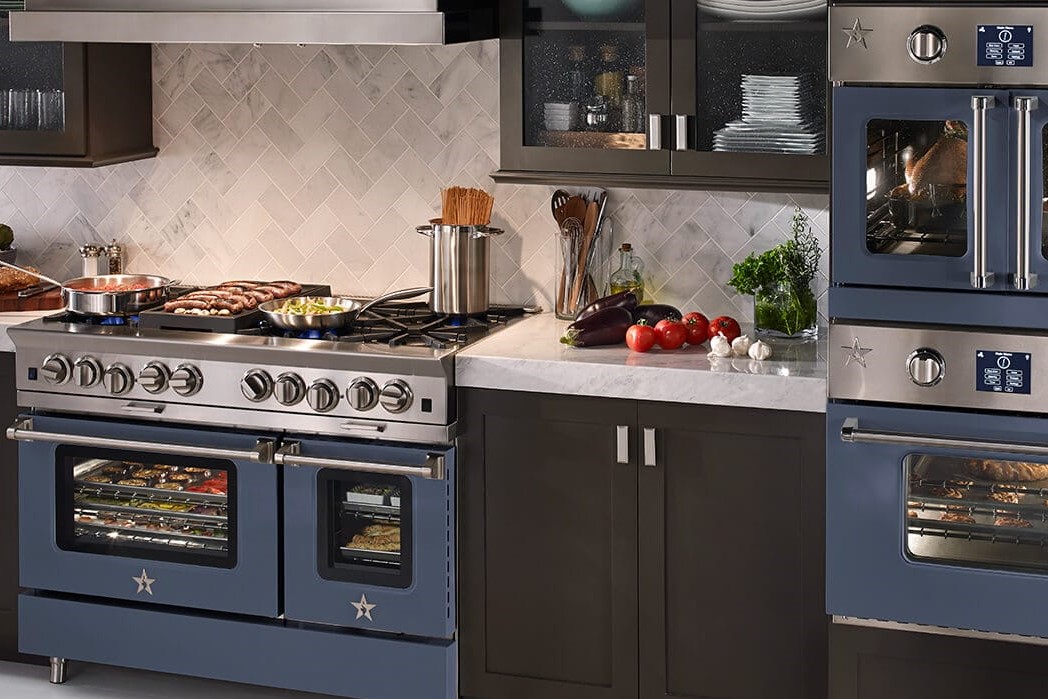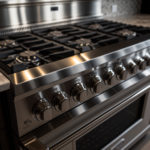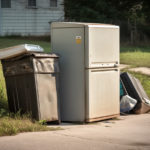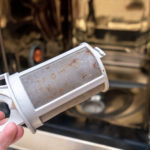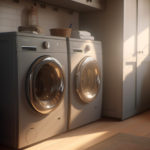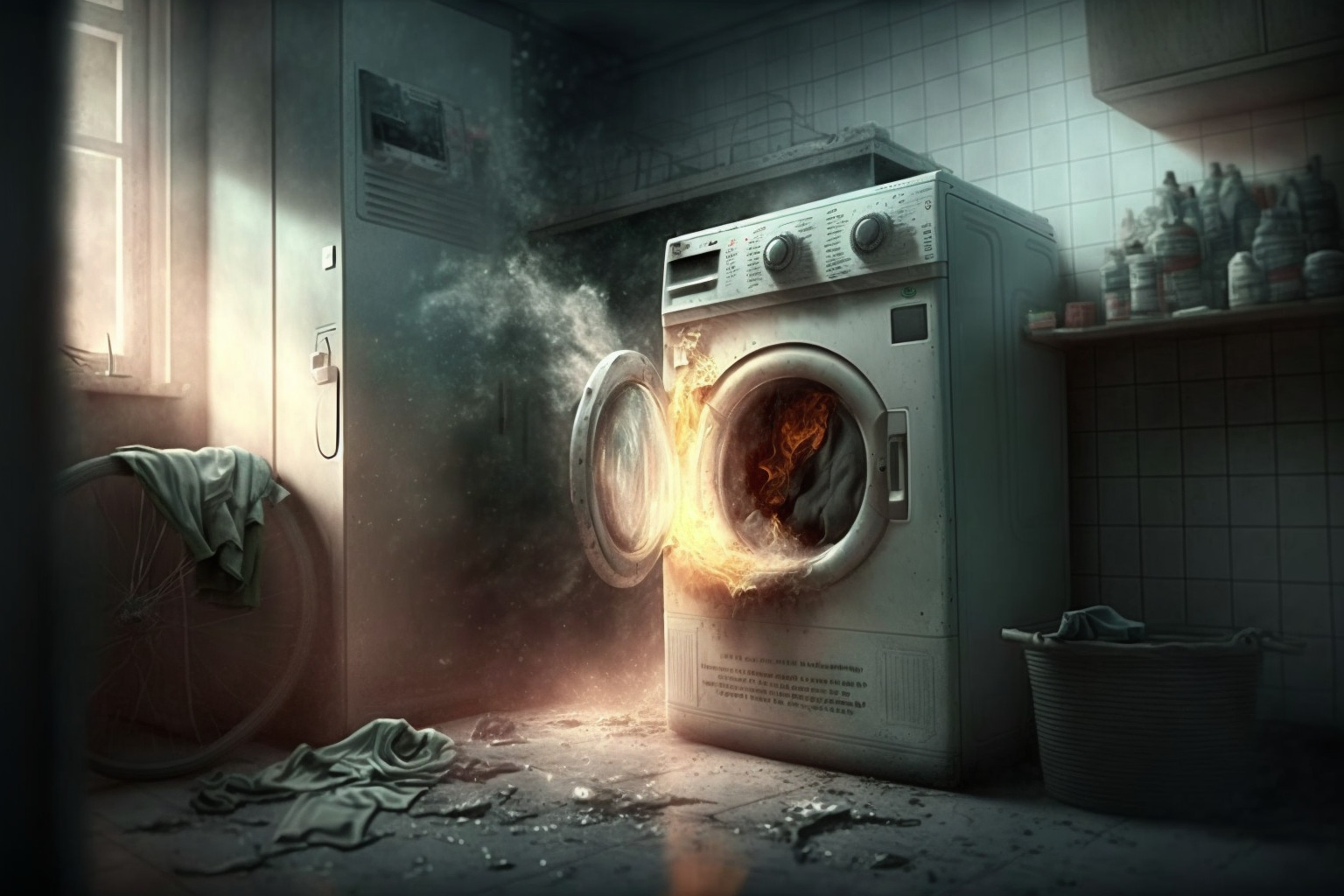
Repair or Replace?
Deciding the fate of your broken appliance
When an appliance breaks down, it can be difficult to decide whether to repair it or simply replace it with a new model. The decision depends on several factors, such as the age of the appliance, the extent of the damage, and the cost of repairs compared to the price of a new unit. This article will provide you with helpful tips to make an informed choice when faced with a broken appliance, while considering the environmental impact and hidden costs.
Consider the Age of the Appliance
Most appliances come with a manufacturer’s estimated lifespan, which can be a helpful starting point. Here are some typical lifespans for common household appliances:
- Refrigerator: 10-15 years
- Washing machine: 7-10 years
- Dryer: 7-10 years
- Dishwasher: 7-10 years
- Oven and stove: 10-15 years
- Microwave: 5-7 years
If your appliance is still relatively young, it’s more likely that a repair will be worthwhile. However, if the appliance is nearing the end of its expected lifespan, it may be more cost-effective to invest in a new model.
Assess the Extent of the Damage
Some appliance issues are minor and can be easily fixed, while others may require more extensive repairs. If the problem is relatively simple, such as a broken belt in a dryer or a clogged filter in a dishwasher, it’s generally more cost-effective to repair the appliance.
On the other hand, if the appliance has multiple issues or the problem is severe, such as a burnt-out motor or significant electronic malfunction, replacement may be the better option. In such cases, the cost of repairs can quickly add up and might not be worth the investment.
Evaluate the Cost of Repairs vs. Replacement
As a general guideline, if the cost of the repair is more than 50% of the cost of a new appliance, it’s usually better to replace it. However, this rule is not set in stone and can vary depending on the specific circumstances. For instance, if your appliance is still under warranty or you can find a great deal on a repair service, it might be worth fixing the problem.
Additionally, consider the potential energy savings of a new appliance. Newer models are often more energy-efficient, which can result in long-term savings on your utility bills. This might offset the cost of replacing the appliance, making it a more attractive option.
Don’t Forget the Hidden Costs
When evaluating the cost of repairing or replacing an appliance, keep in mind the hidden costs involved. Disposing of an old appliance can come with fees, and purchasing a new one may include delivery and installation charges. Moreover, finding a replacement that fits perfectly in the old appliance’s location, particularly a refrigerator surrounded by cabinetry, can be challenging.
Think About the Environmental Impact
Repairing appliances can be a more environmentally friendly option, as it reduces waste and conserves resources. By repairing your appliance instead of replacing it, you can prevent it from ending up in a landfill and help conserve the materials and energy used in manufacturing new appliances. Additionally, you can make a conscious effort to use environmentally friendly laundry and cleaning products, reduce energy usage from dryer heat, and offer maintenance tips to prolong the life of appliances.
TL;DR
Deciding whether to repair or replace a broken appliance can be a challenging decision. Consider factors such as the age of the appliance, the extent of the damage, and the cost of repairs compared to the price
If you’ve got an appliance giving you grief and need help in the Huntington, WV tri-state area, call (304)807-9057 or Schedule a Diagnostic online.

Leon is a skilled appliance repair technician serving the Huntington, WV and Ashland, KY areas. With years of hands-on experience and a passion for fixing things, Leon is dedicated to helping homeowners breathe new life into their appliances.

